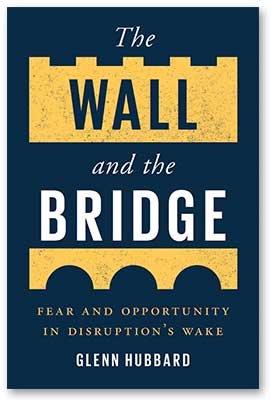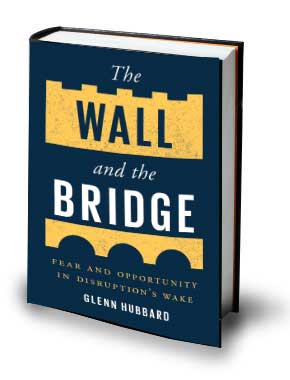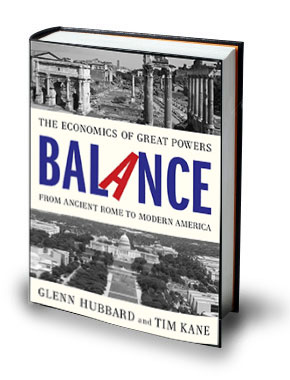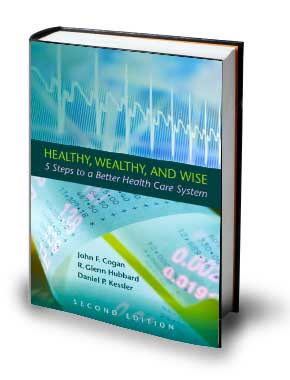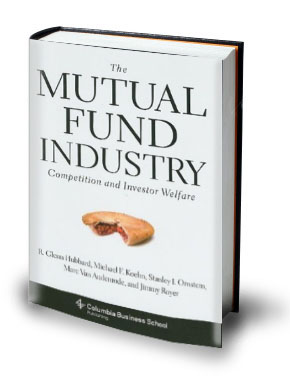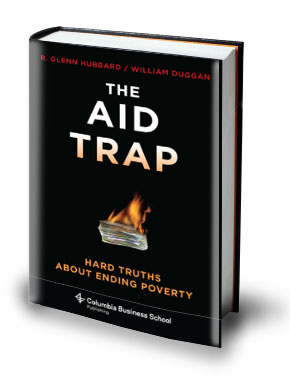 The hit to the United States’ prized credit rating may have arrived with
a jolt Friday, but many analysts say it’s not so clear that it will
deliver any immediate shock to financial markets or to consumers. That
is because it confirmed what the markets, economists and most people
already know: the United States has a debt problem and Washington is
deeply divided over how to solve it.
The hit to the United States’ prized credit rating may have arrived with
a jolt Friday, but many analysts say it’s not so clear that it will
deliver any immediate shock to financial markets or to consumers. That
is because it confirmed what the markets, economists and most people
already know: the United States has a debt problem and Washington is
deeply divided over how to solve it.
“I think this is already baked in the cake,” said Garett Jones, an economist at the Mercatus Center at George Mason University, suggesting that investors and bond traders had already accounted for a downgrade. “It’s not a disaster. It’s just that we’re a little bit riskier, a little bit crazier than people thought a month or two ago.”
However, with the United States economy on such fragile footing and growth remaining elusive, and with Europe desperately trying to contain its debt crisis, anything that undermines already low confidence levels could create a ripple effect and further stall the recovery.
“It’s a very emotional and volatile environment,” said Kenneth S. Rogoff, a professor of economics at Harvard University and author, with Carmen M. Reinhart, of “This Time Is Different,” a history of financial crises. “An event like this can sometimes trigger a reaction far in excess of what you might expect.”
In practical terms, investors will first focus on what happens when global markets open Monday morning, particularly in trading of Treasuries. Standard & Poor’s announced its downgrade after the markets had closed on Friday. Analysts said that since Moody’s and Fitch, the two other ratings agencies, have so far kept the United States at AAA, the S.& P. downgrade left Treasuries near the top of a short list of assets attractive to investors anxious about Europe’s debt crisis.
“People are going to look for a safe place to hide,” said Ward McCarthy, the chief financial economist at Jefferies, a securities and investment banking firm. “And there aren’t many places. There’s gold and Treasuries.”
Although the debt downgrade itself is somewhat abstract, even those who don’t pay much attention to economic news will hear of it on cable news programs and late-night comedy shows. And S.& P.’s judgment mainly reflects the anxieties many Americans are already feeling as a result of the nation’s debt troubles.
“For a household, the concern is, am I going to keep my job and what are my future tax burdens?” said Glenn Hubbard, the Columbia Business School dean who led the Council of Economic Advisers under President George W. Bush. “If Washington is having a very difficult time getting its fiscal house in order, as a household, I either expect radical spending cuts that will affect me or radical tax increases that are going to affect me,” Mr. Hubbard said. “It doesn’t mean I won’t buy bread, but it might mean putting off purchases” like washing machines, furniture or other large items.
The United States stock market will be a crucial barometer when Wall Street opens on Monday morning, and some analysts expect it could actually rally after the big losses last week — down 7.1 percent in just five days. “This may be one of those sell-the-rumor-and-buy-the-news relief rallies,” said Mark Luschini, chief investment strategist at Janney Montgomery Scott in Philadelphia.
The stock market, though, does not have the safe haven protection of Treasuries, and is more a gauge of the broader economic outlook. With up to 70 percent of the economy driven by consumer buying, anything that could cause a further downshift in confidence is worrying.
“People may not know the exact details of what’s going on, but when they hear that the U.S. is close to default, even though it may be for all practical purposes a short default, they get scared,” said Raghuram G. Rajan, professor of economics at the University of Chicago. “If people think the full faith and credit of the U.S. isn’t what it was thought to be, they think that something has changed. It does erode confidence a little bit.”
For those worried that the downgrade could cause mutual funds, banks or money market funds to withdraw from Treasuries, there was little evidence of that over the weekend. The downgrade of long-term Treasuries does not affect the short-term federal debt widely held by money market mutual funds.
Mr. Rajan said that downgrade of debt in a smaller emerging economy would most likely immediately bring jumps in interest rates that would affect companies, home buyers and car purchases. But the strength of Treasuries, which tend to determine mortgage rates, would keep rates low for now, he said.
Indeed, Jim Moshier, general sales manager at Ricart Automotive, a car dealership in Columbus, Ohio, said the firm had “no indication from any of the many lenders that rates will go up. No indication whatsoever.”
He said the dealership, which sells brands including Ford, Hyundai and Mazda, was enjoying a turnaround, with sales up 25 to 50 percent depending on the brand. Mr. Moshier, whose dealership had already sold 16 cars Saturday morning, said people had been holding onto cars throughout the recession and early recovery and were finally bringing them in for trades.
“We’re seeing a lot of 2000-2001 trade-ins,” Mr. Moshier said. Normally we wouldn’t see 10-year-old trade-ins. We see three- to six-year-old trade-ins.”
The battered housing market has shown little sign of recovering and has suppressed consumer spending as those who previously borrowed against their home equity to finance things as varied as remodeling, new boats or college educations, now are worried they will never be able to pay back their loans.
A wave of foreclosures has further depressed housing prices and made it difficult for others to sell. In that context, the S.& P. downgrade will most likely be another drop in the bucket.
“Housing has been bumping around the bottom,” said Richard Smith, chief of Realogy, which franchises brands including Century 21 and Coldwell Banker and owns the Corcoran Group, the New York real estate brokerage firm. “I don’t see it trending any lower than this, and we’re actually starting to see price balance in a number of markets.”
Mortgage rates are unlikely to be affected immediately by the downgrade. But longer term, there is a risk that rates will rise.
“If the political situation does not improve past the next election and the fiscal situation gets worse, then people might start to agree with S.& P.’s decision,” said Ajay Rajadhyaksha, head of United States fixed income strategy at Barclays Capital in New York. “If investors around the world then start shunning Treasuries, diversifying away from the U.S. dollar, that will show up in higher yields” — and higher mortgage rates.
More near term, jittery buyers could pull back from the housing market. “When people are fearful, it’s never a good thing,” said Ellen Bitton, president of Park Avenue Mortgage in Manhattan. “Does it make somebody want to go out and spend $1 million on an apartment? I don’t think so.”
Consumer confidence in general has taken a beating over recent months as high oil prices crimped purchasing power and uncertainty over the political wrangling caused people to defer big purchases.
In July, consumer confidence had already hit its lowest level since the beginning of 2009, when the country was still officially in the midst of a recession, according to the Thomson Reuters/University of Michigan index.
Whether the downgrade ultimately leads to the decline of the United States economy or is merely a symbolic turning point is impossible to tell. “But if you picture a history book in 100 years with the timeline of China passing the U.S.,” quipped Mr. Rogoff, “one of the dates on the timeline will be ‘U.S. debt downgraded.’ ”

